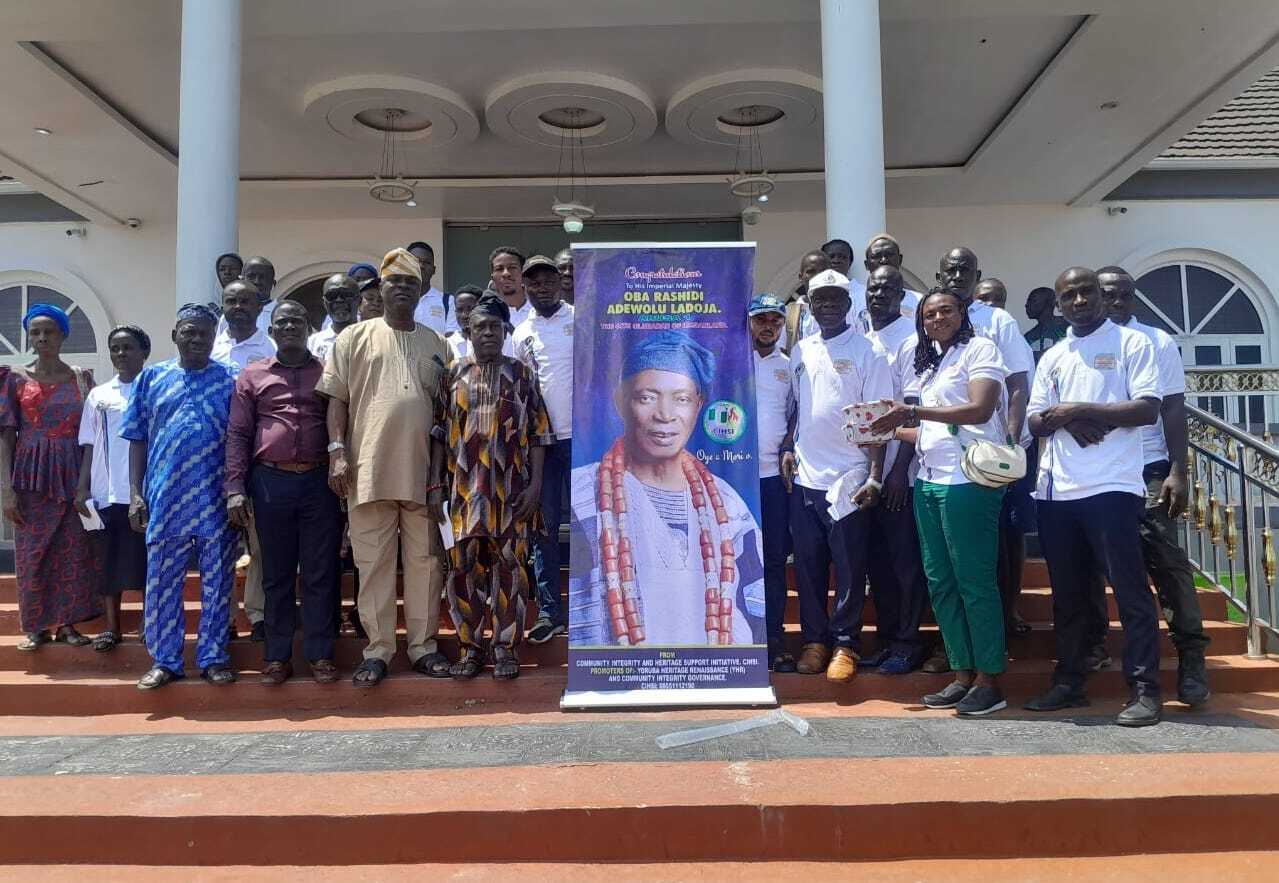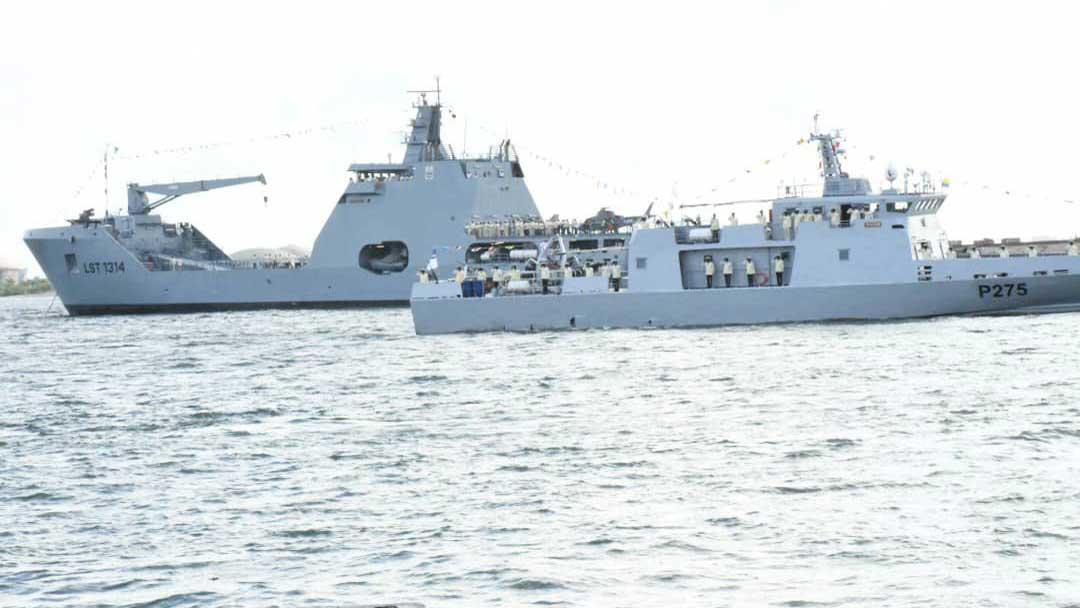General Manager of the Lagos State Environmental Protection Agency (LASEPA), Dr. Babatunde Ajayi, has said residents and community leaders must support and demand good hygiene, be vigilant, report unsafe practices, support clean-ups, and help keep their surroundings clean if cholera must be kept at bay in the state.
Ajayi stated this yesterday at the one-day seminar for informal food and water vendors and waste workers in flood-affected areas in Lagos to combat the cholera outbreak, organised by LASEPA and UNIDO, with funding from the Japanese government.
According to him, in June 2024, Lagos began to see a sharp rise in cholera cases following heavy rainfall and flooding.
“These events exposed some of our city’s vulnerabilities — especially in solid waste management, drainage, water, sanitation, and food hygiene. Many areas, particularly slums or flood-prone neighbourhoods, do not have adequate sanitation or safe water sources.
‘When drainage systems are blocked by waste, when water is contaminated, or when food and water vendors lack safe handling and hygiene practices, the risk of cholera and other water-borne diseases goes up dramatically.
“Vendors and waste workers are essential; they are part of the informal sector but are frontline actors in keeping our communities safe. Yet many of them do not have the training, tools, or resources to always adhere to best practices in hygiene, safe water treatment, or waste disposal. That gap is what this project seeks to fill,” he said.
Ajayi stated that the project would execute gender-sensitive and inclusive training for informal food and water vendors, as well as waste workers, so they understand how cholera spreads, and how to handle food and water safely, proper hygiene, and safe disposal of waste, among others.
He added that there would be sensitisation campaigns in flood-affected communities to teach residents, vendors, and workers about prevention, symptoms, and response.
Ajayi said that at the end of the project, stakeholders expect that Lagos would be better at preventing and curtailing cholera outbreaks.
“That means fewer cases, fewer deaths, reduced costs to both individuals and government for treatment and emergencies.
“Informal vendors and waste workers will become agents of change: applying safer practices themselves, and encouraging them among their peers and customers.
“Communities will see improved hygiene, cleaner environments, clearer drains, safer food and water supplies. This contributes not just to health, but to dignity, well-being, and economic stability,’ he added.
In his presentation, the Field Coordinator of UNIDO, Charles Uzoma, stated that the major causes of the cholera outbreak in Lagos in 2024 were flood-induced water contamination, poor hygiene awareness, and weak enforcement.
In his goodwill message, General Manager of Lagos State Wastewater Management Authority, Adefemi Afolabi, represented by the agency’s Head of Enforcement, Denasohin Olusegun, noted that cholera outbreak has been a recurrent incident in the state, urging stakeholders not to allow the development, by working together to halt it.






